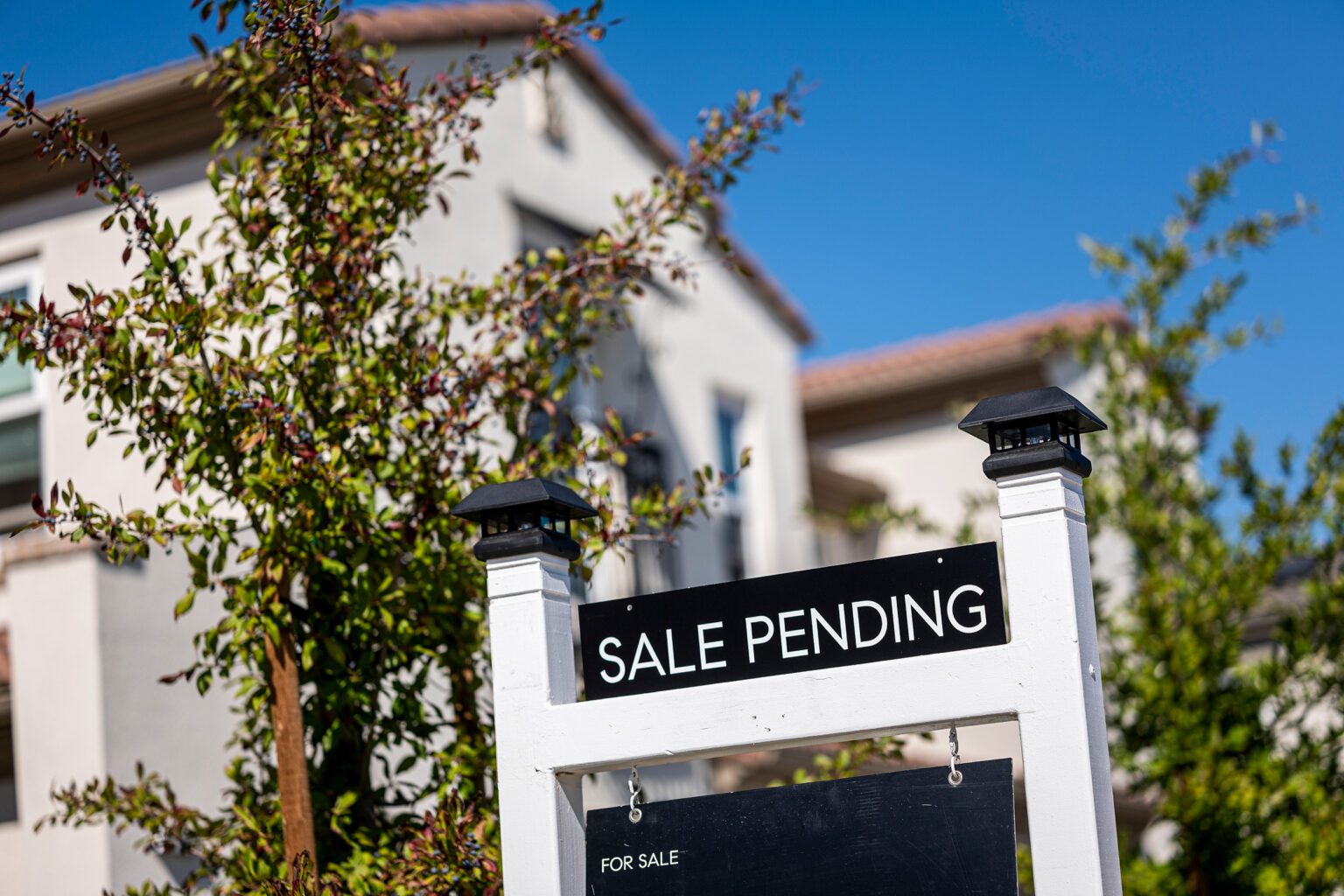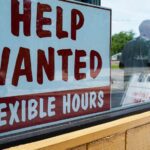Global Courant 2023-05-04 17:03:41
The government has less than a month before it can default on its payments, Treasury Secretary Janet Yellen said this week.
The announcement has accelerated deliberations on how to avoid hitting the debt ceiling — the legal limit on how much the U.S. government can borrow. President Joe Biden will meet with congressional leaders next week to try and work out a solution as he considers other more secretive avoidance measures.
But there is no sign of an imminent resolution.
“The president and the speaker must come to an agreement to get us out of this impasse. That’s my message going to the meeting at the White House,” Minority Leader Mitch McConnell, R-Ky., told reporters Tuesday. “It will be my message at the meeting at the White House.”
What would happen to the average American if the government defaulted on its financial obligations?
The consequences are already playing out
Following Yellen’s announcement on Monday about not having enough time to pay bills, borrowing costs for the US government soared to more than 5% for June.
This was predictable. In fact, the US defaulted once by mistake. In 1979, a series of events, including the failure of word processing equipment, caused a temporary delay in payments to investors redeeming U.S. Treasury bills, This has been reported by Reuters.
After that, the cost of borrowing money for the US rose 0.6%, the news service reported, adding that an academic article published a decade later claimed that the increase in borrowing costs for the US was permanent.
If the U.S. defaulted again, the result would be the same, said Howard Gleckman, a senior fellow at the Urban Institute’s Urban-Brookings Tax Policy Center, a nonprofit research organization.
As many consumers have learned since the Federal Reserve began its campaign last year to make borrowing more expensive in an effort to slow inflation, higher interest rates affect everything from credit cards to car loans to mortgages.
“The primary effect would be to raise interest rates significantly,” Gleckman said. “And they’re moving up quickly and steeply. What this would do is accelerate the movement to higher interest rates.”
Meanwhile, companies would struggle to get loans — and hire more workers as a result, Gleckman noted.
Many commercial interest rates have already risen in the wake of the Silicon Valley Bank and First Republic Bank collapses.
‘The timing is terrible’
In addition to higher borrowing costs for the government, consumers and businesses alike, federal payments could grind to a halt as the Biden administration is forced to confront how to prioritize payments due with the funds it still has available.
In other words, it should consider whether bondholders should be paid before Social Security and Medicare funds are released.
Gleckman said such direct effects of a standard are almost impossible to know because there is no playbook for dealing with them.
“We don’t know how (the) Biden administrator would handle a default,” he said. “What bills would they pay?”
Yellen has already warned that there is no easy way to reprogram government payment systems to favor one set of recipients over another.
“Treasury systems are all built to pay all of our bills when they are due and on time, not to favor one form of spending over another,” she said this year, reported Bloomberg.
Wells Fargo economists said in a note to clients last week that even if a payment prioritization plan were implemented, such a plan would be “entirely experimental and would still involve a litany of legal, technical, economic and political challenges.”
“The economic impact of bankruptcy is highly uncertain as it has never happened before, but economic models suggest that the consequences could be quite severe,” they wrote.
Economic analysts remain pessimistic about the likelihood of an early resolution.
In a note to clients Wednesday, the deputy chief economist of the Capital Economics research group Andrew Hunter said, “It may take more serious signs of stress — possibly with significant volatility in the stock market — to finally spur lawmakers into action.”








